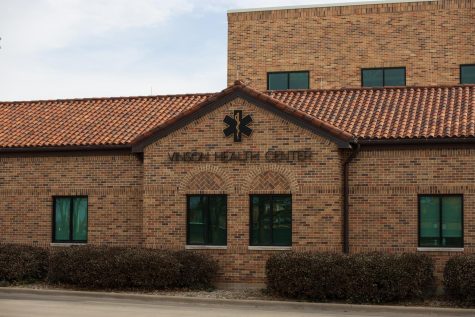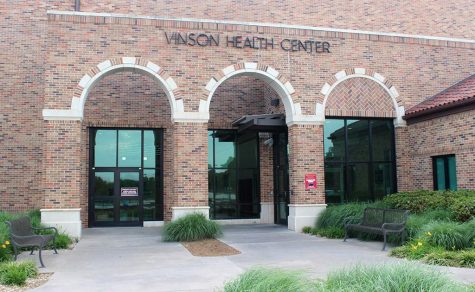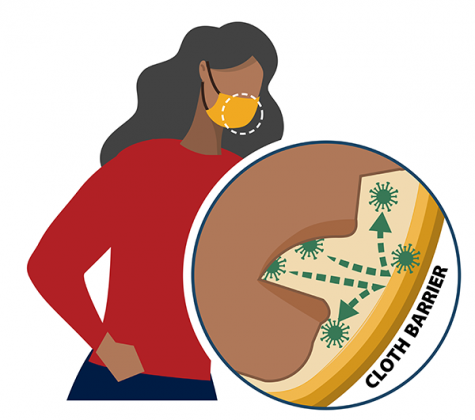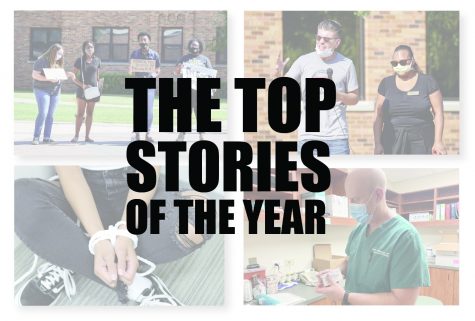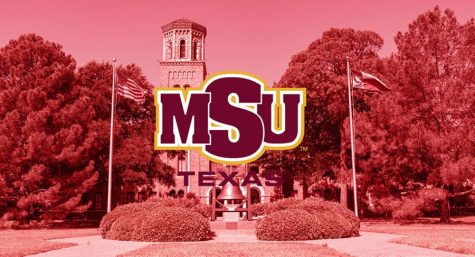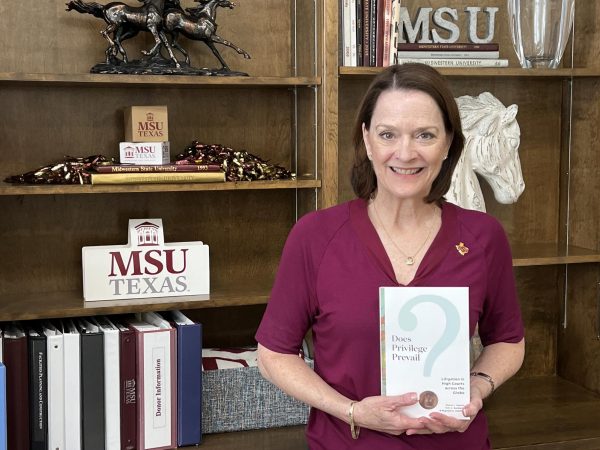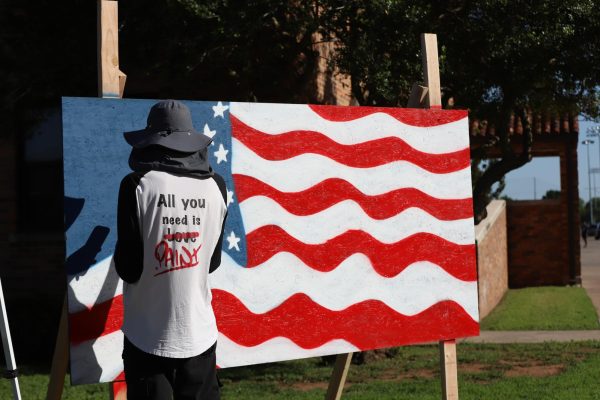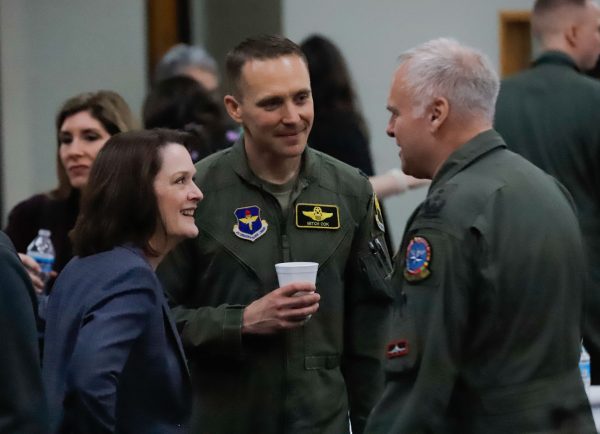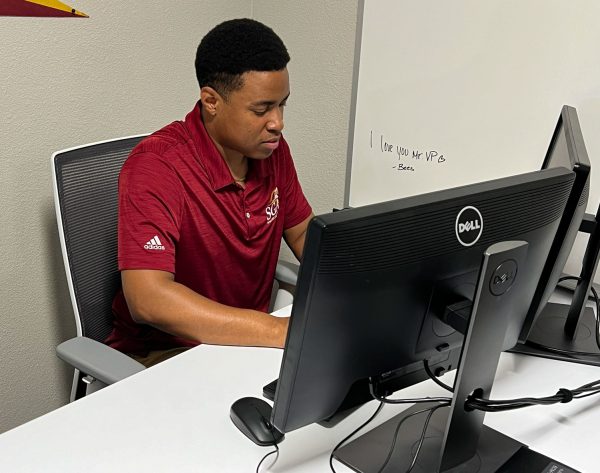Vaccinating and Masking MSU Texas
Midwestern State University has been approved by the Texas Department of State Health Services (DSHS) to aid with vaccination efforts. MSU joins other vaccine providers in Wichita County in starting a waitlist for persons who qualify for phase 1A and 1B of the vaccine, along with those who are eligible under the expanded qualifications that began on March 3.
Dr. Keith Williamson, the medical director at the Vinson Health Center submitted an application for MSU to become a vaccination site on October 8, 2020. Five months later, the Texas government officialized the campus. However, MSU is still waiting to receive doses of the vaccine.
“[The delay] could be a combination of things…. We’re still restricted in our [vaccination] supply to Texas. The North Texas zone has a Super-Vaccination center at the Texas Motor Speedway, and they get 20-30,000 vaccines every week. Because that’s in our region, it could be sucking up some of the vaccine supply,” Dr. Williamson said.
He also theorizes that because vaccine doses are given out by the state, the government may associate “Student Health Center” with the student body, who are not yet considered in any of the phases, although many staff, faculty and students do meet the criteria. Dr. Williamson has ordered 1,000 vaccines that are yet to be approved, but only has 200 people on the waiting list.
“If I end up with vaccines in my freezer and not enough names, I’m going to start contacting teachers and other people in the community. I will work my fingers to the bone to get vaccines into people, with a priority towards the campus community” Williamson said.
Once the vaccines arrive at MSU, the Health Center will begin to distribute 50-100 around the clinic every day. Towards the end of the vaccine’s shelf life, they plan to set up a drive-thru on campus to distribute more, and they hope to offer them throughout the summer as well. While COVID-19 infection numbers are dropping, Dr. Williamson is hopeful MSU’s community will reach 70% vaccination by late summer to reign in a “normal” fall semester.
“It is getting better. It’s a characteristically seasonal virus, so I think we’ll drop to a seasonal low through the summer and may see another wave in the late fall,” Williamson said.
This announcement also comes shortly after Texas Governor Greg Abbott issued an executive order to fully reopen the state and lift the mask mandate on March 10. However, a Postmaster sent out on March 8 announced face coverings will still be required along with social distancing and reduced occupancy on MSU campus.
“We knew from our campus community that it was important to keep these measures, and we knew [along with] our own experiences that our community is doing the right thing,” Dr. Keith Lamb, vice president of Student Affairs and Enrollment Management said.
Dr. Lamb, who also co-chairs the Return-to-Campus task force and sits on the Incidence Management Team, said that both groups were working alongside faculty, staff and students to reach decisions for campus safety.
“All three bodies… their majorities said to keep the current measures in place. They feel safe and feel like they’re working,” Lamb said.
However, MSU doesn’t intend to keep the mask mandate indefinitely. Since fall of 2020, MSU has been in operation Phase III, a modified campus where operations return to mainly in-person, with restrictions. The Return-to-Campus task force was reactivated to review the necessary criteria to move to Phase IV, a normal campus where all operations return to normal with no restrictions. Even when the decision is made to move towards Phase IV, it will take time.
“It’s not like we can hit a switch and go back to normal. The other part [of the task force] is to lay out what it looks like when we decide to scale back up to Phase IV…. We’re gonna have to do some things sequentially,” Lamb said.
President Biden’s call for states to open up vaccine eligibility to all adults by May 1 may speed up the process if enough students, faculty and staff get vaccinated. One of the major factors in assisting that would be herd immunity. The World Health Organization says varying diseases need anywhere from 70-95% of people vaccinated to reach herd immunity. Currently, Wichita County has 15.9%.
“Herd immunity is a moving target. If [it] magically happens at 70%, we’re still a long ways from that,” Lamb said.
While acknowledging many on campus are eager to return to “normal,” Dr. Lamb expects a new “normal” to be reached where some students and faculty continue to wear masks and even utilize the digital world differently.

Hello hello! I’m Emily Beaman and come this fall, I’ll be the news editor and social media manager for The Wichitan! A couple of fun facts about me:...








